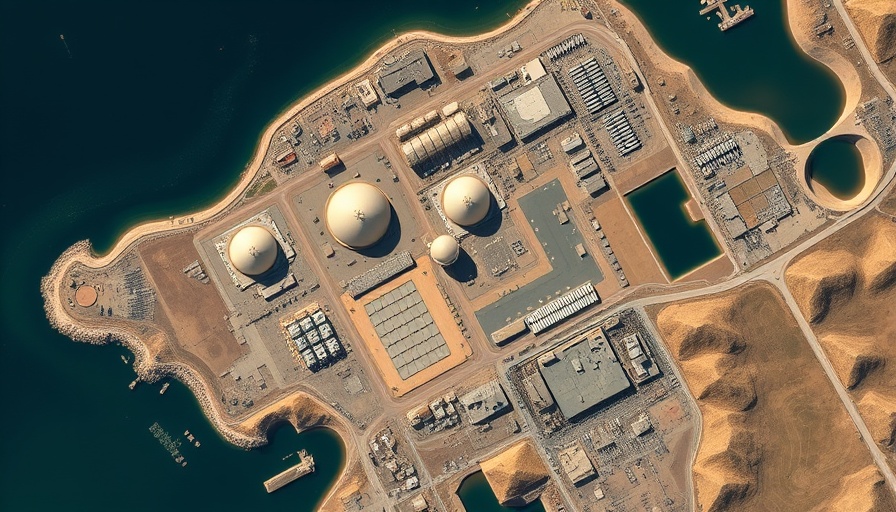
The Fragile Balance: Iran's Nuclear Negotiations
In a significant declaration, Iran's Supreme National Security Council has issued a warning that threats from Europe to reinstate United Nations sanctions could seriously undermine the delicate negotiations aimed at restoring international oversight of its nuclear facilities. This comes at a time when the prospect of re-engagement with the International Atomic Energy Agency (IAEA) hangs in the balance. Iran's commitment to report on its nuclear developments underlines its interest in dialogue, yet the specter of renewed sanctions complicates these efforts.
Understanding the Implications of Sanctions
The historic context surrounding sanctions against Iran is complex and fraught with tension. Following the Joint Comprehensive Plan of Action (JCPOA) in 2015, international sanctions were lifted, leading to a thaw in relations. However, the U.S. withdrawal from the deal in 2018 and subsequent re-imposition of sanctions created a ripple effect, exacerbating distrust. The current threats from European countries echo this past, suggesting a potential regression to earlier confrontations that could stall progress.
The Role of the International Atomic Energy Agency
The IAEA's role is crucial in ensuring transparency in Iran's nuclear activities. By committing to submit reports and potentially allowing site visits, Iran has opened a window for dialogue. This cooperation could lead to enhanced inspections and greater confidence among international stakeholders. However, Iran's warning signals that its engagement is contingent on the lifting of detrimental sanctions—raising the stakes for all parties involved.
Current Events and Their Relevance
Recent developments in geopolitical dynamics, especially the evolving relationships within the Middle East, add layers to this situation. As multiple nations navigate alliances and animosities, the implications of Iran's warnings about sanctions resonate beyond its borders. The situation highlights the critical importance of diplomacy and the necessity of addressing mutual concerns diplomatically rather than through punitive measures.
Stakeholders’ Perspectives
Different stakeholders have varied stances on the sanctions issue. While some see sanctions as a necessary tool for holding Iran accountable, others believe that they only exacerbate tensions and hinder progress. This divergence in perspectives calls for a collaborative approach that emphasizes dialogue, understanding, and a commitment to peaceful resolutions.
Moving Toward Diplomacy and Dialogue
Understanding the value of diplomacy rather than threats is paramount for fostering international cooperation. The current trajectory could lead to a path where open lines of communication pave the way to resolving longstanding issues. As discussions surrounding sanctions continue, it’s essential for all parties to recognize the potential for constructive engagement over isolating confrontations.
Conclusion: Embracing Hope in Challenges
The complex dance between Iran and the international community warrants attention. While threats of sanctions loom, a foundation built on dialogue and a willingness to compromise may help cultivate hope for a peaceful resolution. As we watch developments unfold, the importance of an informed public cannot be understated. Stay engaged in this critical conversation, knowing that understanding the nuances can lead to positive action within global diplomacy.
 Add Row
Add Row  Add
Add 


Write A Comment